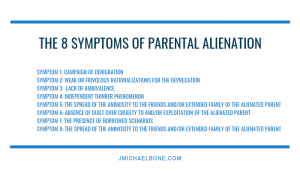Below is a synopsis of two new bills signed into law that affect Family Law practice. HB4121 sets a minimum standard for GALs in terms of their obligation to interview the parents and the children. Now, most of us would agree that a period of 90 days is too long, and that most competent GALs make a practice of meeting with the parents and children within days or weeks of the appointment of the GAL. This legislation may be addressing a concern that some GALs ( and I have seen this in operation) can be quite dilitory about their work, and some simply do not accept that the role of a GAl involves competence and diligence. In most cases, judges and lawyers know who the good GALs are, and those appointments are often made with this understanding in mind. However, there are cases that involve GALs who do competent work, but may not visit with the children as often as they might, and this issue then becomes an area for criticism when the case goes to trial. HB4121 sets a minimum standard, to which GALs either conform, or risk some sanction for failing to do so.
HB2741 is an important change. The IMDMA was amended in 2016 to allow the Court to appoint a clinician to perform therapy in a family law case, with certain underlying findings being made. The hitch has been for a few years that the therapy process and feedback from the clinicians was barred insofar as communication with a GAL was concerned. In my view, this placed the process of therapy into a difficult position where children were concerned, insofar as the GAL has a statutory duty to investigate all aspects of the child’s life to determine the custodial best interests of the child. Now, with this amendment, the GAL may do his/her work to the fullest extent by allowing the feedback from the clinician so long as the HIPAA and Illinois Mental Health Act provisions are followed.
IMDMA GALs
 Illinois Divorce Lawyer Blog
Illinois Divorce Lawyer Blog






